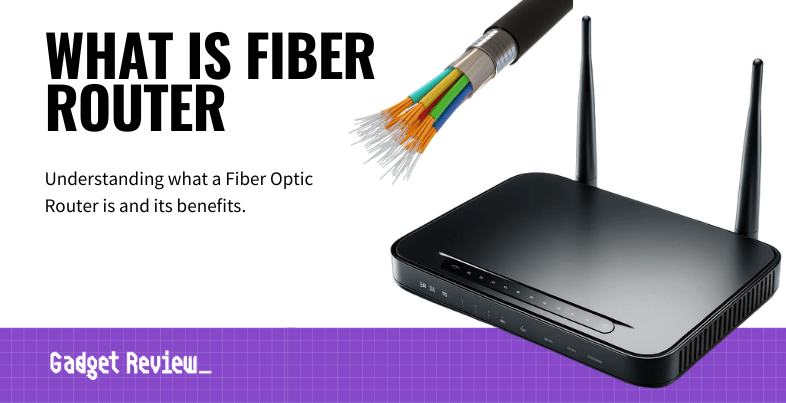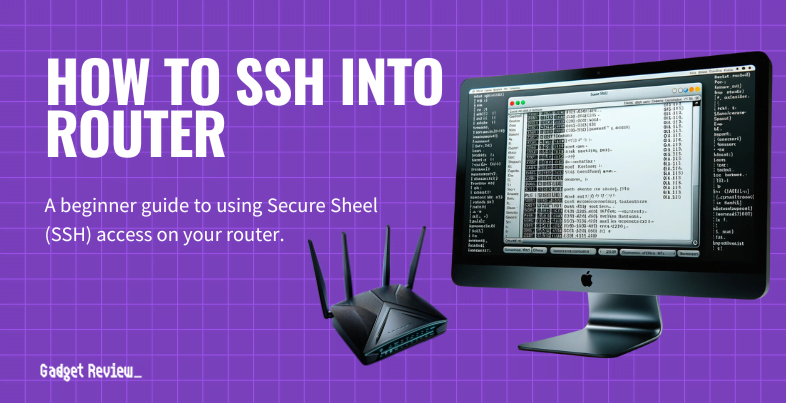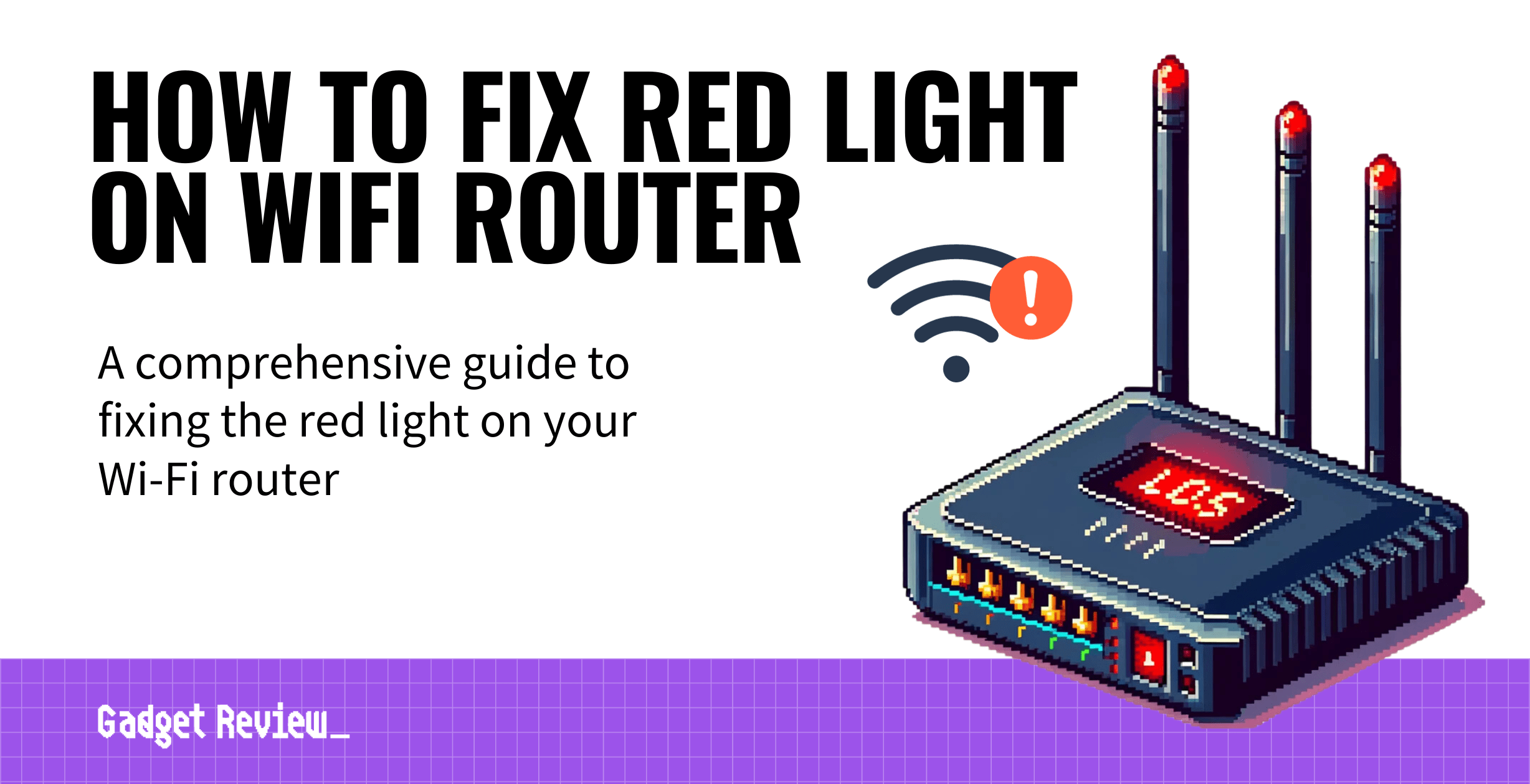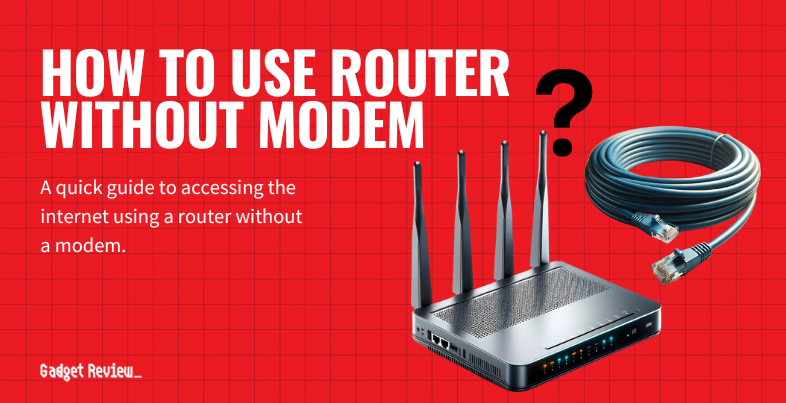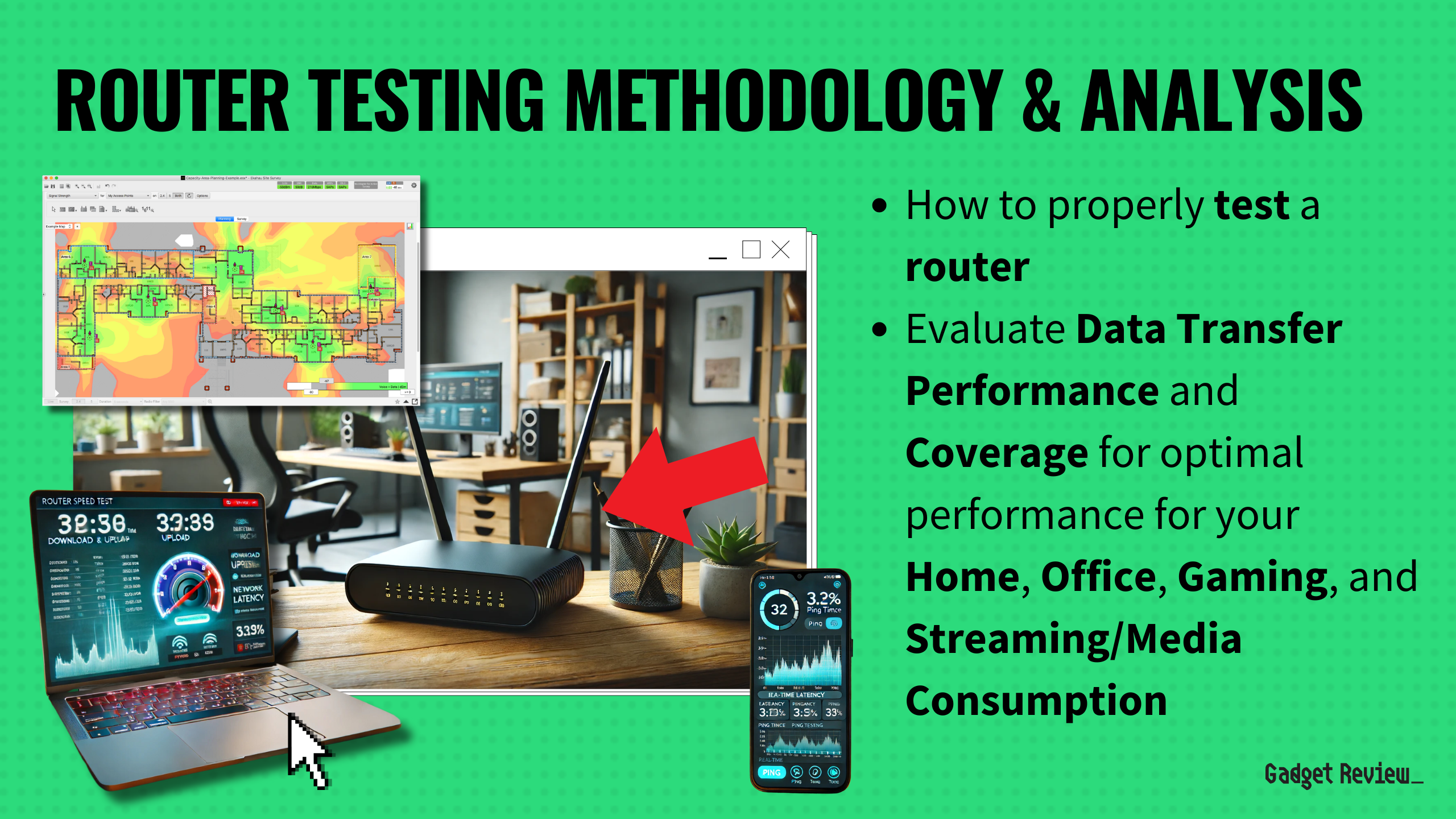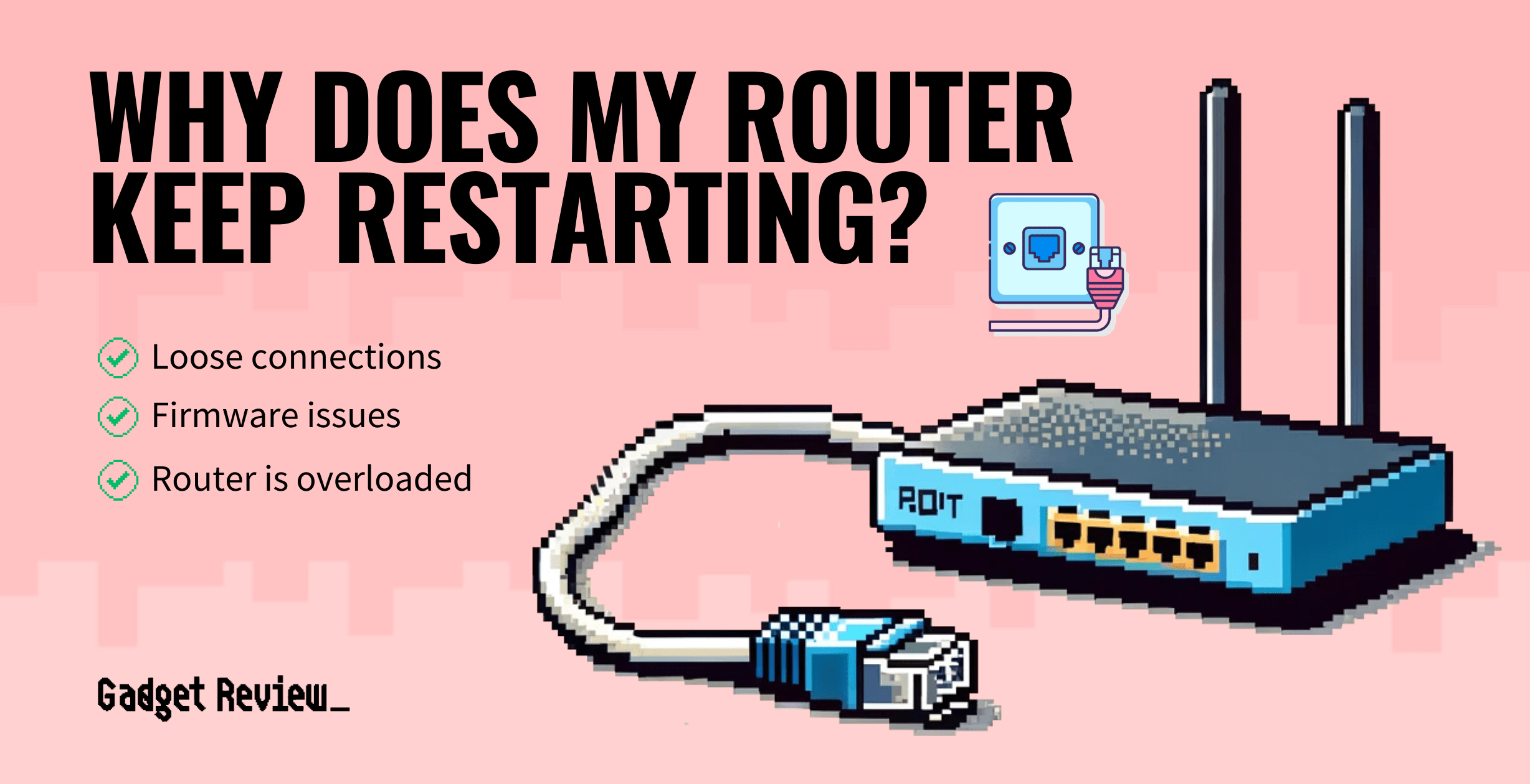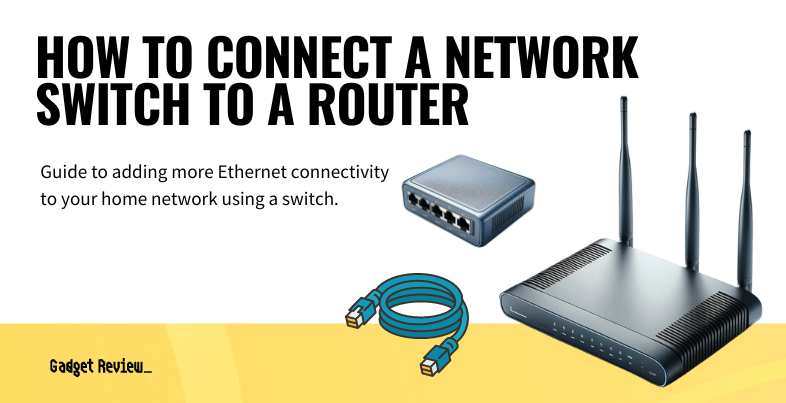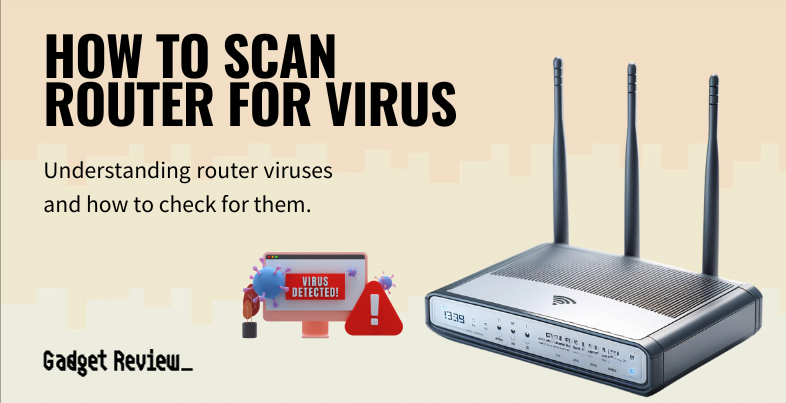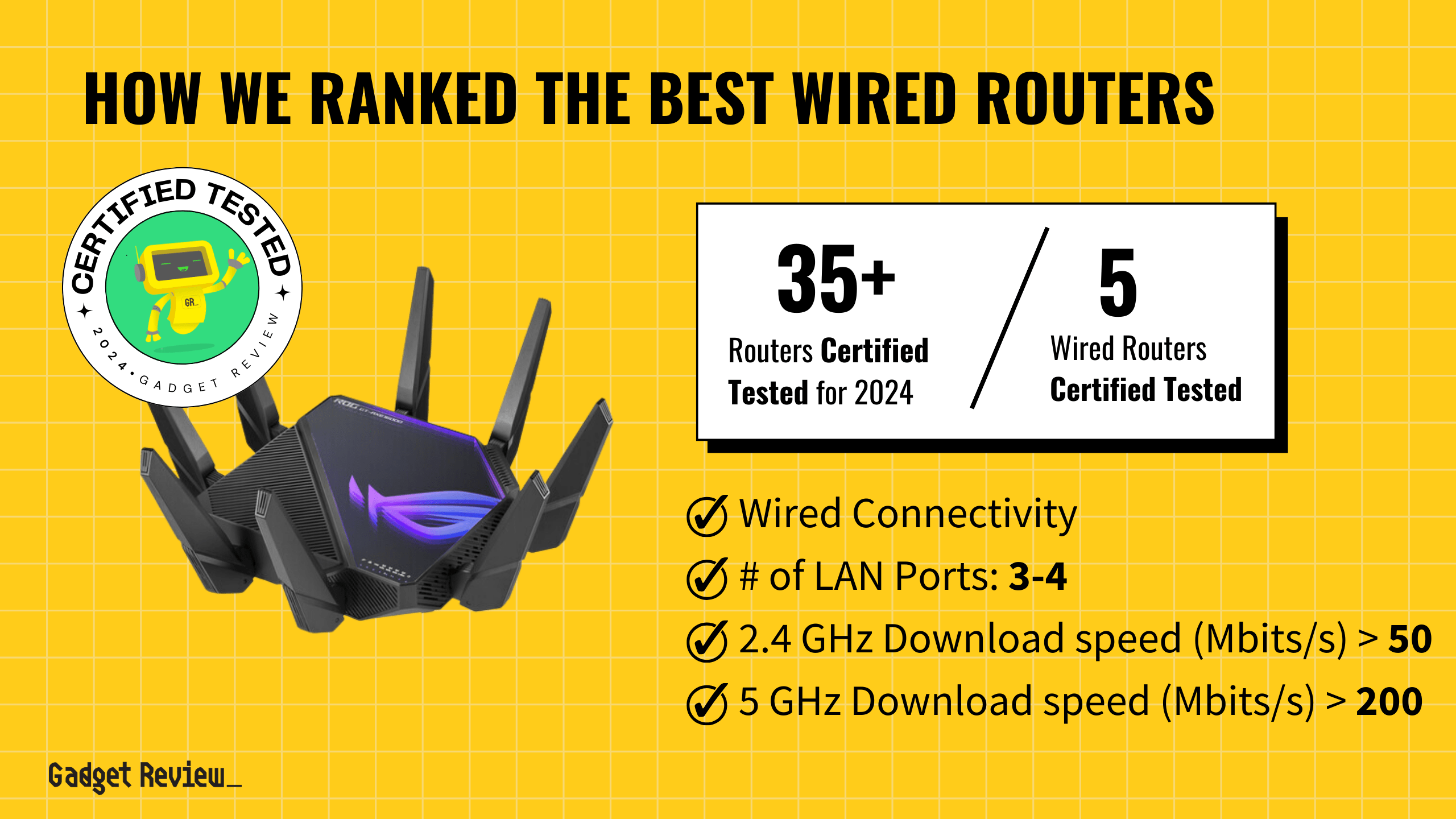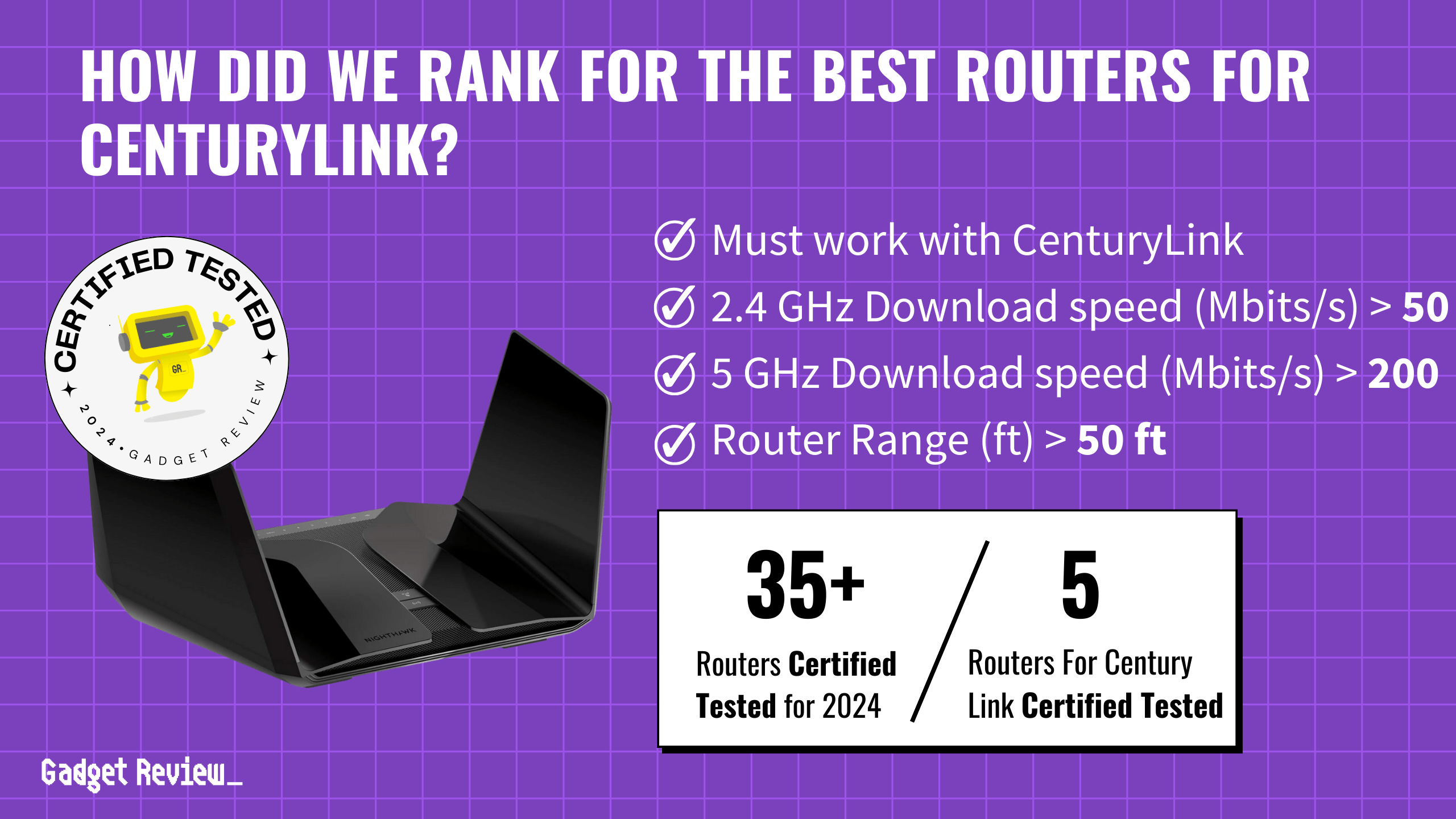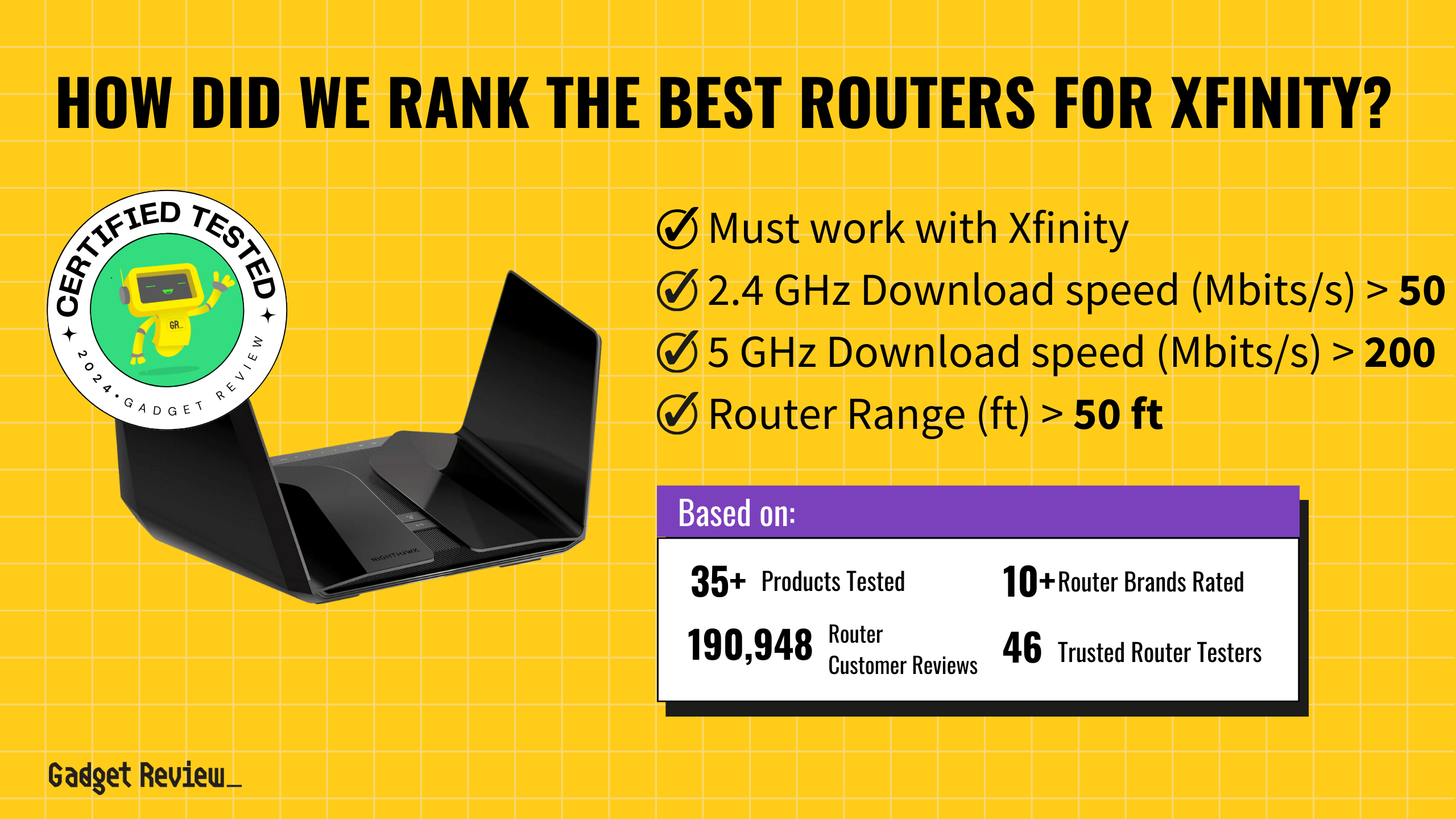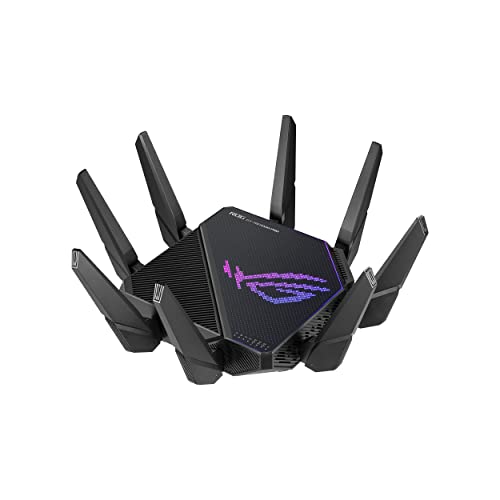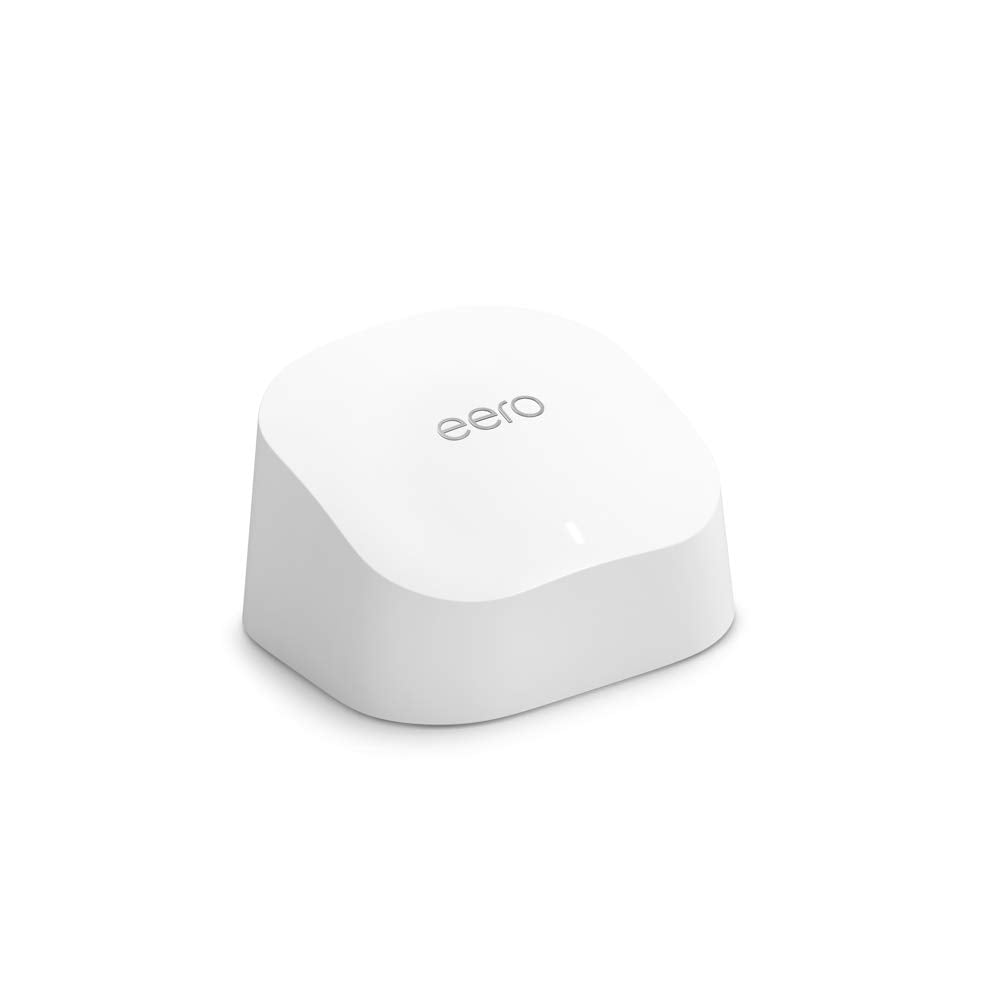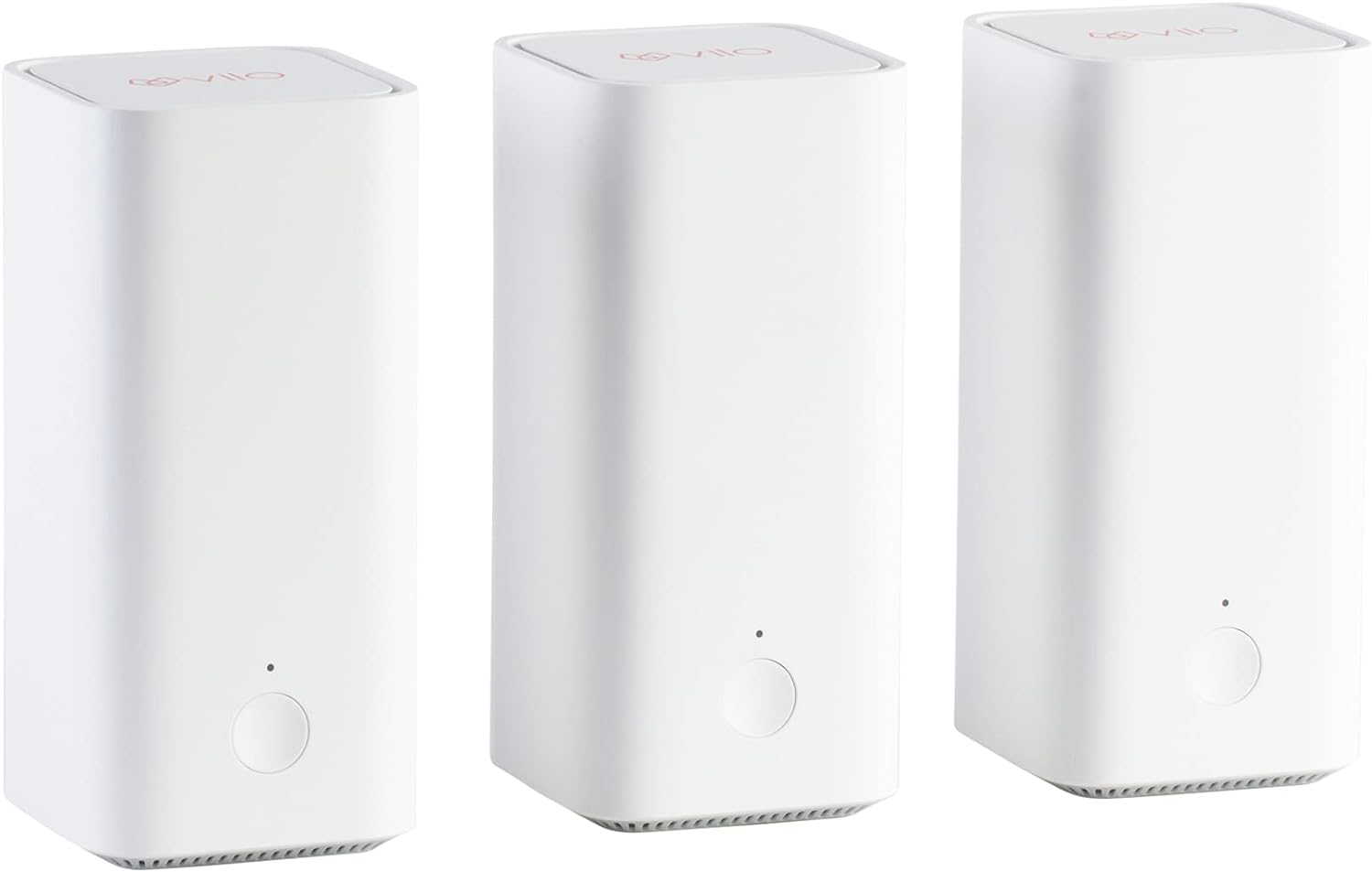If you are experimenting with advanced wireless networks, you may wonder what is a fiber router. Some of the best routers are built to excel with fiber networks. A fiber router is a router that is specifically equipped to handle fiber internet. So, what are the advantages of using one? Keep reading to find out.
Key Takeaways_
- A fiber wireless router is a purpose-built router that integrates with a fiber optic modem to deliver a fiber Wi-Fi network from your Internet service provider.
- A fiber wireless router is unnecessary for fiber Internet, but a traditional router will need an adapter to connect the optical network terminal to an Ethernet cable.
- A fiber Internet service like Google Fiber offers faster speeds, better reliability, and bigger bandwidths than regular routers.
Definition of a Fiber Optic Router
A fiber optic router, otherwise known as a fiber router, is a device specifically designed to optimize a fiber-based Internet connection.
You can use any router with a fiber-optic Internet signal, but you could need an adapter of some kind. Plus, a fiber router truly offers some significant advantages over traditional models.
insider tip
Fiber is not available in every location throughout the country, so call your ISP for more information.
These routers use optical fibers, a key component in delivering high download speed, essential for activities like gaming and streaming.
Speed Advantages of Fiber Routers
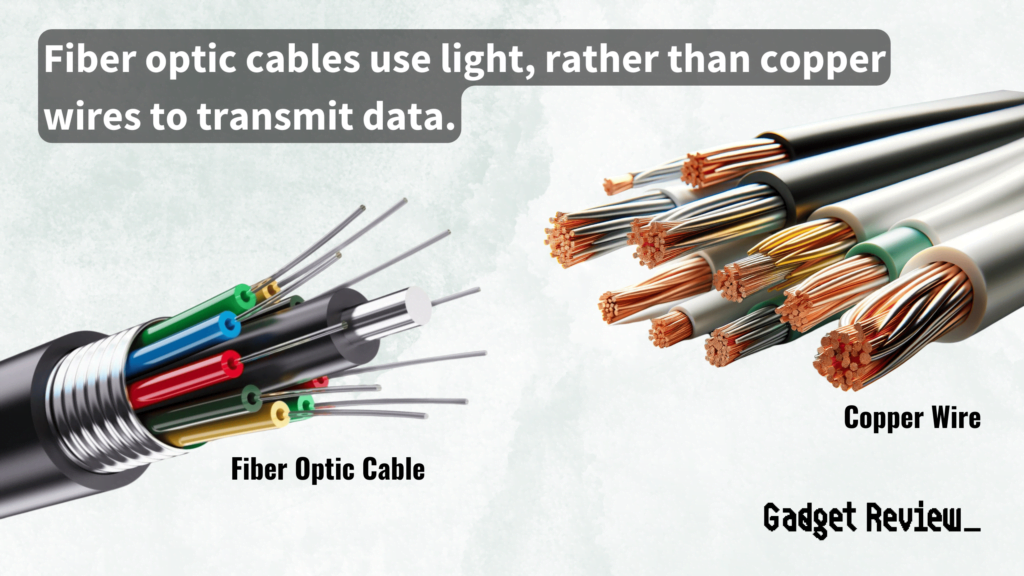
An overwhelming need for speed is likely the reason you signed up for fiber Internet in the first place, and a traditional router could act as a bottleneck to that speed increase.
Using the right fiber router, users gain access to the full capabilities of optical fiber cables that transmit data at the speed of light.
This results in an average speed that is much higher than traditional copper cables.
Advanced technologies in fiber routers cater to a diverse range of customers, from home users to large offices, by offering solutions that meet various needs.
For gamers, the enhanced download speed provided by fiber routers could mean less lag and more responsive gaming experiences.
This is particularly true with routers that support Wi-Fi 6, which offers improved performance over Wi-Fi 5.
Enhanced Bandwidth Capabilities
Fiber-optic Internet also allows for significant bandwidth increases, allowing you to play more, watch more, and download more, all at the same time.
The actual specifics of this bandwidth increase vary from router to router, modem to modem, and ISP to ISP, just like with other connections, such as DSL or Cable.
STAT: DSL, which stands for Digital Subscriber Line, uses copper phone lines to transmit the internet service. (source)
This increase does come in particularly handy if you are, say, learning how to set up two networks with one router or how to delete a WiFi network from a router.
In an office environment, the use of fiber optic cable ensures a reliable internet connection, which is crucial for business operations.
The integration of fiber routers in an office setting supports a multitude of smart devices and maintains high-speed internet without the limitations of copper or coaxial cables.
Reliability
The capability of fiber routers to handle high-speed internet is not just about raw speed; it’s also about the consistent performance they offer.
In other words, fiber routers create fewer dropouts than traditional routers. However, increased reliability does not lessen your need for network security.
Fiber routers often come with Wi-Fi 6 capability, providing features that enhance your overall internet experience.
This includes better handling of multiple devices and more efficient power usage, which is especially beneficial for users with a plethora of smart devices.
Specific Support
Again, fiber routers are purpose-built to integrate with fiber modems. This is crucial because fiber Internet works differently from traditional Internet, as it uses focused beams of light instead of a coaxial signal.
A fiber router includes an actual port for this connection, so you won’t need an adapter that translates Ethernet into fiber optic signals or vice versa.
It should be a truly plug-and-play experience, so long as you have a fiber optic modem and the accompanying service plan.
It has nothing to do with the open ports on the back of your router. The goal is to make sure that whichever router you have will work with your fiber internet.


